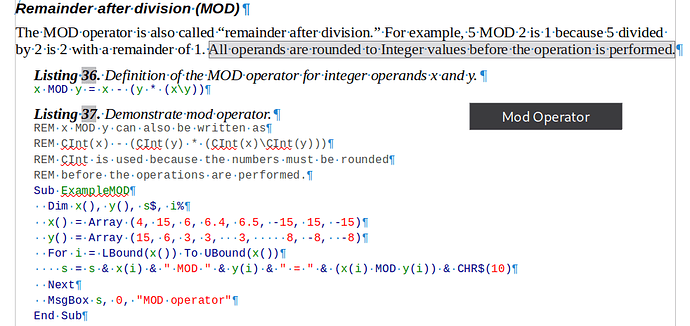@Zizi64: but now it really becomes OT:
why do I always let myself get caught up in my tendency to discuss and question fundamental things?
‘a community where you can “get and give” something.’
that’s right, but!:
such a community is necessarily heterogeneous, and thus members have different views, may they have, must they even have, it is a drive for progress,
and you belong to those who think ‘the users are to blame’, I belong to those who think ‘the users have to grow into the community’, and you should not make it unnecessarily difficult for them,
you to those who think the claim ‘typewriter’ is primitive / wrong, I to those who think such claims should be easy to fulfill, why is it so difficult for us?
you to those who think we are independent of M$, I to those who see the problems that (too?) much importance is attached to compatibility, but that is mainly used to defend errors,
…


